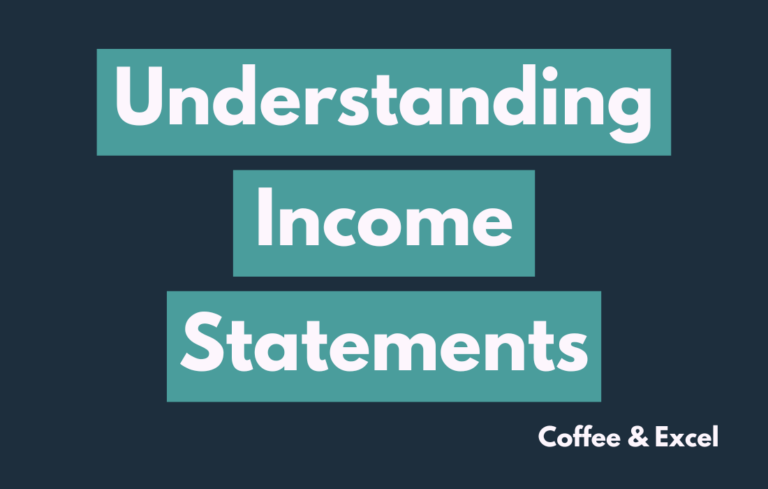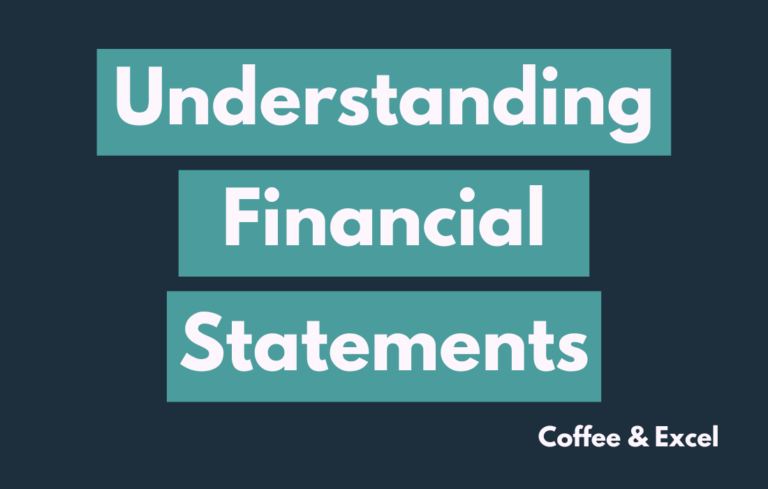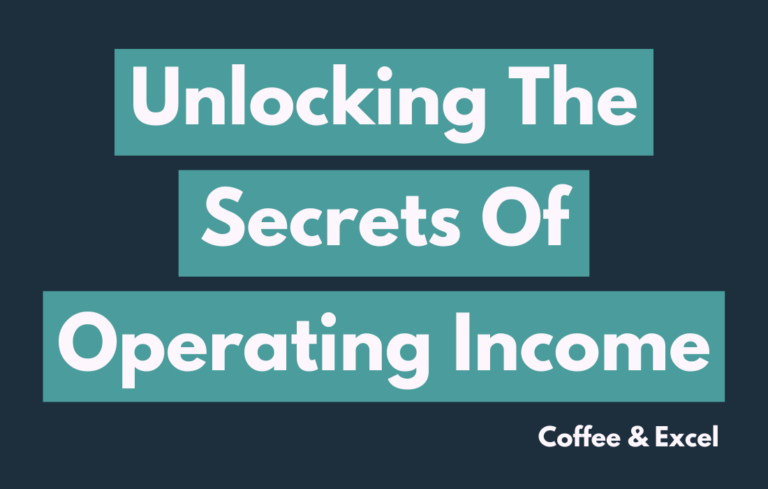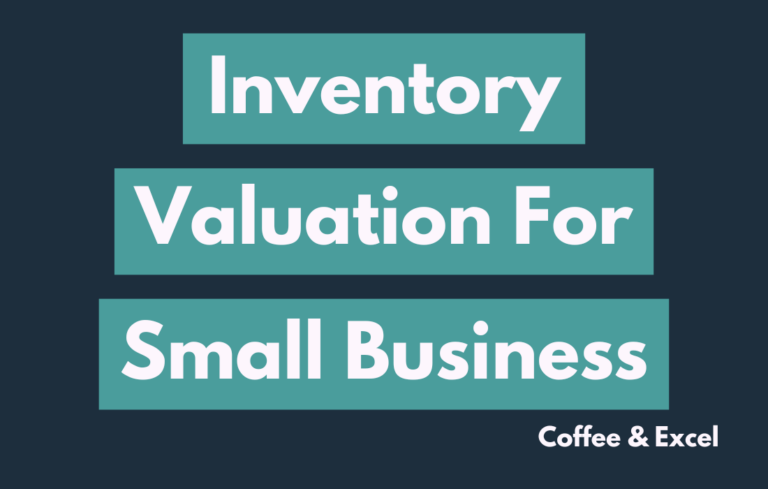Business Loans Overview – How To Find The Best Debt For Your Business
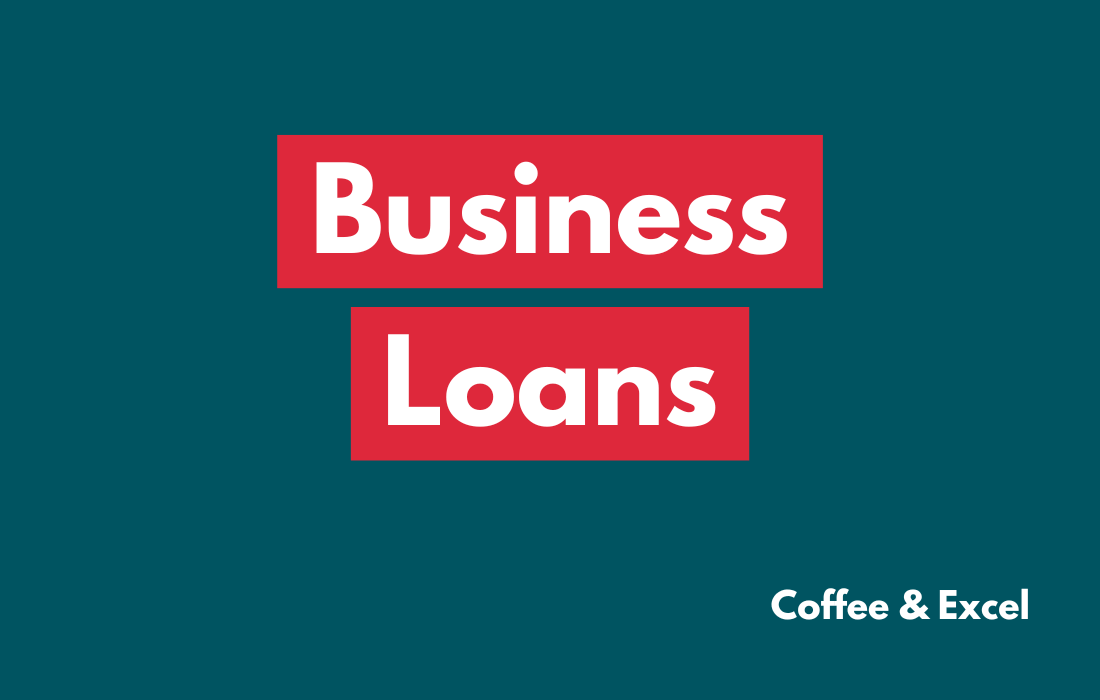
Understanding Small Business Loans
Navigating the world of small business loans can be a daunting task for entrepreneurs. This section aims to provide a complete business loans overview, assisting small business owners in understanding the various types of financing options available, the qualifications needed to borrow, and the essentials of the loan application process.
Types of Business Loans Overview
Small business loans come in various forms to suit different business needs. Common types of loans include:
- Term Loans: Traditional business loans with a set repayment schedule, typically ranging from one to five years. Forbes mentions that term loans are among the most popular types of business loans.
- SBA Loans: Low-interest, government-backed loans with longer repayment terms that are favorable for small businesses. SBA loans are detailed in our sba loans guide.
- Business Lines of Credit: Flexible financing where businesses can borrow up to a certain limit and pay interest only on the amount used. More information on how these work can be found in our article on business line of credit.
- Equipment Financing: Loans specifically for purchasing equipment or machinery, crucial for many growing businesses. Equipment financing is a targeted solution to this need.
- Invoice Financing: Allows businesses to borrow money against outstanding invoices for immediate capital. This is especially useful for managing cash flow, as outlined in our article on trade credit.
Other types of loans like merchant cash advances, commercial real estate loans, and small business microloans are also available, each catering to specific financial requirements.
Qualifications for Borrowing
Qualifications for small business loans typically include:
- Credit Score: A measure of creditworthiness, with higher scores increasing the likelihood of loan approval.
- Business History: Established businesses may have an easier time obtaining loans compared to new business loans.
- Revenue: Lenders often require businesses to meet minimum annual revenue thresholds.
- Collateral: Some loans, particularly secured loans, may require collateral.
It’s important for business owners to review specific lender requirements and prepare accordingly before applying.
Business Loan Application Essentials
The loan application process generally requires the following:
- Business Plan: Outlining the purpose of the loan and the business strategy. Creating a solid business plan is crucial as it serves as a roadmap for your business’s future and is often required by lenders.
- Financial Statements: Including balance sheets, income statements, and cash flow statements to demonstrate the financial health of the business.
- Personal and Business Credit Scores: Assessing the creditworthiness of the business and its owners.
- Legal Documents: Such as business licenses, articles of incorporation, and commercial leases.
Utilizing loan calculators can help estimate monthly payments and interest rates. Aspiring borrowers should familiarize themselves with the loan application process to ensure they meet all requirements for a successful loan application.
Business Loans Overview – Terms and Amounts
When delving into the world of small business financing, it’s crucial to understand the specifics of loan terms and amounts. This knowledge can help entrepreneurs make informed decisions about borrowing and enable them to select the most appropriate funding options for their ventures.
Term Lengths Explained
Loan terms refer to the duration over which the borrower must repay the loan. Small business loan terms typically range from 1 to 25 years, with the most common terms being 3 to 5 years, as reported by NerdWallet. The average business loan term varies depending on the type of loan:
| Loan Type | Average Term Length |
|---|---|
| Short-term Loans | 3 months to 3 years |
| Long-term Loans | 3 to 25 years |
Source: Investopedia
Short-term loans, such as bridge loans and merchant cash advances, are typically utilized for immediate operational needs or as a temporary financial buffer. Conversely, long-term loans are often associated with larger investments, including commercial real estate loans, small business equipment loans, or significant business expansion efforts (Investopedia).
Determining Loan Amounts
The amount of money a business can borrow varies widely and is influenced by several factors, including the lender’s policies, the borrower’s creditworthiness, and the specific financial needs of the business. The maximum loan amount for small business loans can range from $5,000 to $5 million (NerdWallet).
The purpose of the loan often dictates the amount borrowed. Entrepreneurs may seek funds for starting a new venture (new business loans), expanding their current business, securing inventory, or making capital investments. Here’s a general overview of the purposes and potential amounts:
| Purpose | Potential Loan Amount |
|---|---|
| Starting a New Business | $5,000 – $100,000 |
| Business Expansion | $100,000 – $5 million |
| Inventory Purchase | $5,000 – $500,000 |
| Equipment Investment | $5,000 – $5 million |
Source: Forbes
To determine the appropriate loan amount, it’s advisable to use loan calculators to estimate monthly payments and assess the feasibility of the loan within the business’s financial plan. Additionally, borrowers should review their financial statements and consult with financial advisors to align the loan amount with their business’s capacity to repay.
Understanding the intricacies of loan terms and amounts is essential for securing funding that aligns with your business’s objectives and financial health. Whether considering a short-term loan for immediate needs or a long-term loan for substantial investments, carefully evaluate the options to ensure they support your business growth while maintaining financial stability.
Interest Rates and Costs 0f Business Loans
When considering a small business loan, understanding interest rates and associated costs is essential for making an informed decision. This section will provide an overview of average interest rates and the various additional costs that can accompany a business loan.
Average Interest Rates
The interest rate of a business loan is a critical factor, as it determines the cost of borrowing money. Interest rates for small business loans can vary significantly based on factors like the lender, the borrower’s creditworthiness, and the loan term. On average, the annual percentage rate (APR) for small business loans ranges from 4% to 36%. (NerdWallet). According to Investopedia, the interest rate is typically between 2% and 25%.
Here is a table illustrating the average APR range for different types of small business loans:
| Loan Type | Average APR Range |
|---|---|
| Traditional Bank Loans | 2% – 13% |
| SBA Loans | 6% – 9% |
| Online Lenders | 7% – 36% |
For more detailed information on loan types and their respective interest rates, refer to our article on loan interest rates.
Additional Business Loan Costs
Beyond interest rates, there are several additional costs that can impact the total cost of a business loan. These may include:
- Origination Fees: A fee charged by the lender for processing a new loan application.
- Closing Costs: Fees associated with finalizing a loan, similar to those in real estate transactions.
- Late Payment Fees: Additional charges applied when a borrower fails to make a payment on time.
- Prepayment Penalties: Fees that may be charged if the borrower repays the loan before the agreed-upon term ends.
It’s crucial for borrowers to understand these fees and how they can affect the total amount repayable. Carefully review the loan agreements to identify all potential costs.
Additional costs can also include costs for securing the loan, such as appraisal or legal fees if collateral is involved. In the case of secured vs unsecured loans, understanding the implications of putting up assets as security is essential.
When applying for a loan, use loan calculators to estimate the total cost of borrowing, including both interest and additional fees. This can help provide a clear view of the financial commitments involved in taking out a business loan.
Secured vs. Unsecured Business Loans
When exploring financing options for small businesses, one of the key decisions is choosing between secured and unsecured loans. Understanding the differences in collateral requirements and weighing the pros and cons of each can guide business owners to make informed decisions that align with their financial needs and risk tolerance.
Collateral Requirements
Secured loans necessitate collateral, such as real estate or equipment, which serves as a safeguard for the lender. In the event of a default, the lender has the right to seize the collateral to recoup the loan amount. The type of collateral required varies depending on the lender and the loan Forbes. Unsecured loans, conversely, do not require physical assets as collateral, but approval may depend more on the borrower’s creditworthiness and financial history Investopedia.
Pros and Cons of Secured Loans
Secured business loans offer benefits such as potentially larger loan amounts and lower interest rates due to the reduced risk to lenders. However, they carry the inherent risk of losing valuable assets if the business is unable to repay the loan.
| Advantages | Disadvantages |
|---|---|
| Lower interest rates | Risk of asset seizure |
| Access to larger loan amounts | Potential for longer loan processing |
| Easier to obtain with less-than-perfect credit | — |
Collateral requirements for secured loans can vary, and understanding these can be crucial when considering options like commercial real estate loans or small business equipment loans.
Pros and Cons of Unsecured Loans
Unsecured loans, while not requiring collateral, often come with higher interest rates to compensate for the lender’s increased risk. These loans might have more stringent qualification criteria but offer peace of mind as specific assets are not at risk.
| Advantages | Disadvantages |
|---|---|
| No collateral required | Higher interest rates |
| Less risk of losing assets | Stricter creditworthiness requirements |
| Quicker loan processing times | Typically smaller loan amounts |
Unsecured loans can be an appropriate choice for businesses with strong financial records or those seeking small business microloans or new business loans that might not have substantial assets for collateral.
For a comprehensive comparison between the two loan types, check out our detailed overview on secured vs unsecured loans. Understanding the trade-offs between secured and unsecured loans can help business owners choose the right type of loan that aligns with their business strategy and financial goals. Whether it’s prioritizing lower interest rates or avoiding the risk of losing assets, the decision should be made after careful consideration of the business’s current position and future growth plans.
Sources for Business Loans
Securing the right financing is a critical step for small business owners who are looking to start, sustain, or grow their operations. There are multiple avenues through which entrepreneurs can obtain business loans, each offering unique benefits and considerations.
Traditional Banks
Traditional banks remain a common source for business financing. They offer a range of business loan products, including term loans, commercial real estate loans, and business lines of credit. Qualifications for borrowing from banks can be stringent, often requiring a solid credit history, a detailed business plan, and substantial collateral.
| Loan Type | Typical Term Length | Interest Rates |
|---|---|---|
| Term Loan | 1-5 years | Varies |
| Commercial Real Estate Loan | Up to 25 years | Varies |
| Business Line of Credit | Revolving | Varies |
Data sourced from Investopedia and NerdWallet.
Online Lenders
Online lenders offer a more flexible alternative to traditional banks, with simpler application processes and less stringent qualification criteria. This can be a convenient option for small business owners with a shorter credit history or those in need of faster funding. Various loan products, such as small business equipment loans and invoice financing, are available through these digital platforms.
SBA Loans
The Small Business Administration (SBA) provides a variety of loan programs designed to support small businesses. SBA loans are known for their competitive interest rates and longer repayment terms. The SBA loans guide offers detailed information on options like 7(a) loans, 504 loans, and small business microloans, which are facilitated through partnering financial institutions.
Alternative Funding Sources Of Business Loans
Beyond traditional and SBA loans, there are alternative funding sources available for small business owners, including:
- Economic development agencies and nonprofit organizations offering low-interest loans, particularly for those unable to secure commercial loans (MBDA).
- Peer-to-peer business lending, where businesses can borrow directly from investors.
- Merchant cash advances for businesses with a high volume of credit card sales.
- Trade credit arrangements with suppliers to defer payment for goods and services.
- Franchise financing for entrepreneurs looking to open a franchise location.
- Bridge loans to cover immediate expenses while waiting for long-term financing.
Choosing the right source for a business loan involves assessing the needs of the business, the costs associated with borrowing, and the likelihood of approval based on the business’s financial health. It’s also important to understand the loan application process and to prepare all necessary documentation, including financial statements and a business plan, to increase the chances of securing a loan. Whether seeking to launch a new business or finance growth initiatives, there are a variety of loan options tailored to the diverse needs of small businesses.
Preparing for a Loan Application
Securing a business loan is a strategic move for small business owners looking to expand, manage cash flow, or invest in essential resources. Proper preparation for a loan application can greatly enhance the chances of approval. Key preparation steps include crafting a comprehensive business plan, gathering required financial statements, and preparing for personal background checks.
Importance of a Business Plan
A business plan is not just a tool for guiding the strategic direction of a business; it is also a critical component in the business loan application process. Lenders want to see a sound business plan that outlines the company’s vision, market analysis, organizational structure, product or service offerings, marketing strategies, and projected financial statements (MBDA).
| Financial Statement | Purpose |
|---|---|
| Profit and Loss | To demonstrate the company’s profitability |
| Cash Flow | To show the liquidity and cash management |
| Balance Sheet | To reveal the financial health of the business |
Having a thorough business plan reassures lenders that the loan will be utilized effectively and that the business has the potential for growth and profitability. For guidance on drafting a business plan, visit our comprehensive loan application process guide.
Required Financial Statements
When applying for a business loan, lenders will request specific financial documents to assess the business’s fiscal responsibility and ability to repay the loan. Most loan programs require applicants to present personal and business income tax returns for the previous three years as evidence of income stability (MBDA).
In addition to tax returns, lenders may ask for:
- Business bank account statements
- Profit and loss statements
- Cash flow analysis
- Balance sheets
- Credit reports
These financial statements offer lenders insight into the business’s revenue, expenses, debt obligations, and overall financial management. For more information on financial documents and how they affect loan applications, explore our detailed loan calculators.
Personal Background Checks
Lenders often conduct personal background checks to evaluate the creditworthiness and trustworthiness of the loan applicant. Personal background information might encompass previous addresses, names used, criminal records, and educational background (MBDA).
To prepare for a personal background check, applicants should ensure that:
- All information provided is accurate and up-to-date
- Any discrepancies or issues in the applicant’s history are addressed and explained
- Necessary documents such as ID, proof of residence, and educational certificates are readily available
By preparing these aspects in advance, loan applicants can streamline the application process and improve their chances of securing a loan. For a more detailed exploration of the types of loans available and their specific requirements, refer to our small business loans guide.


